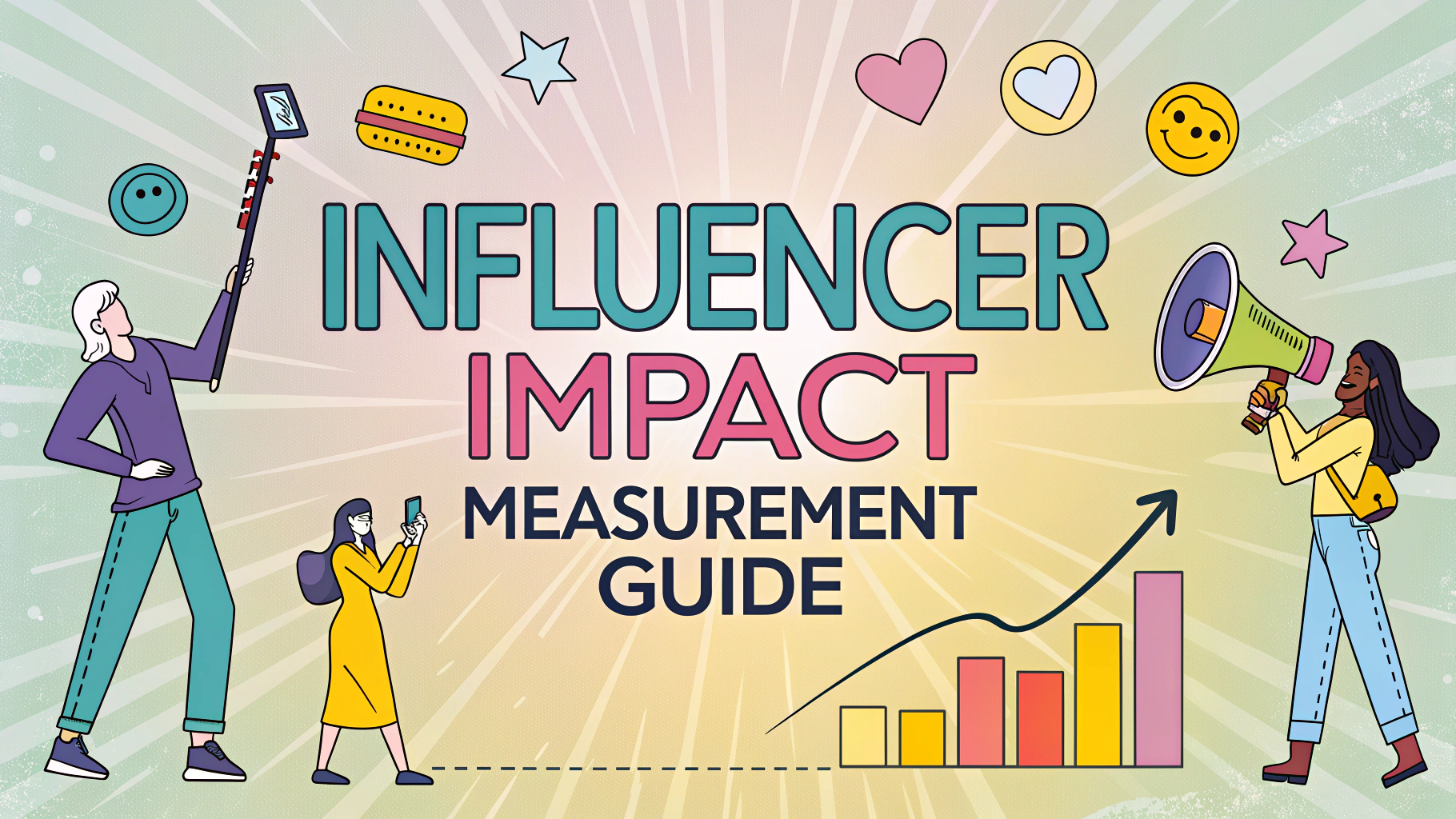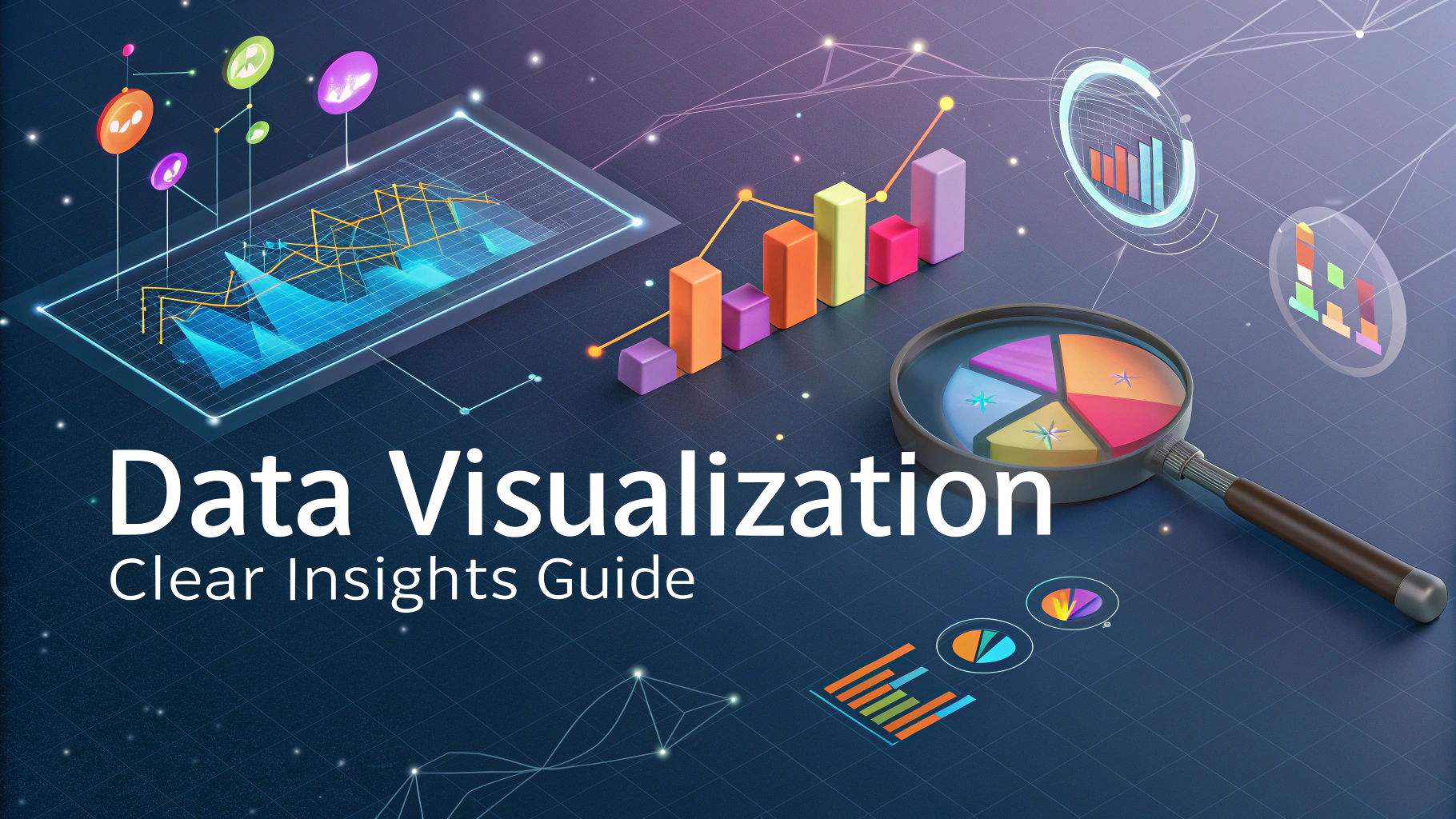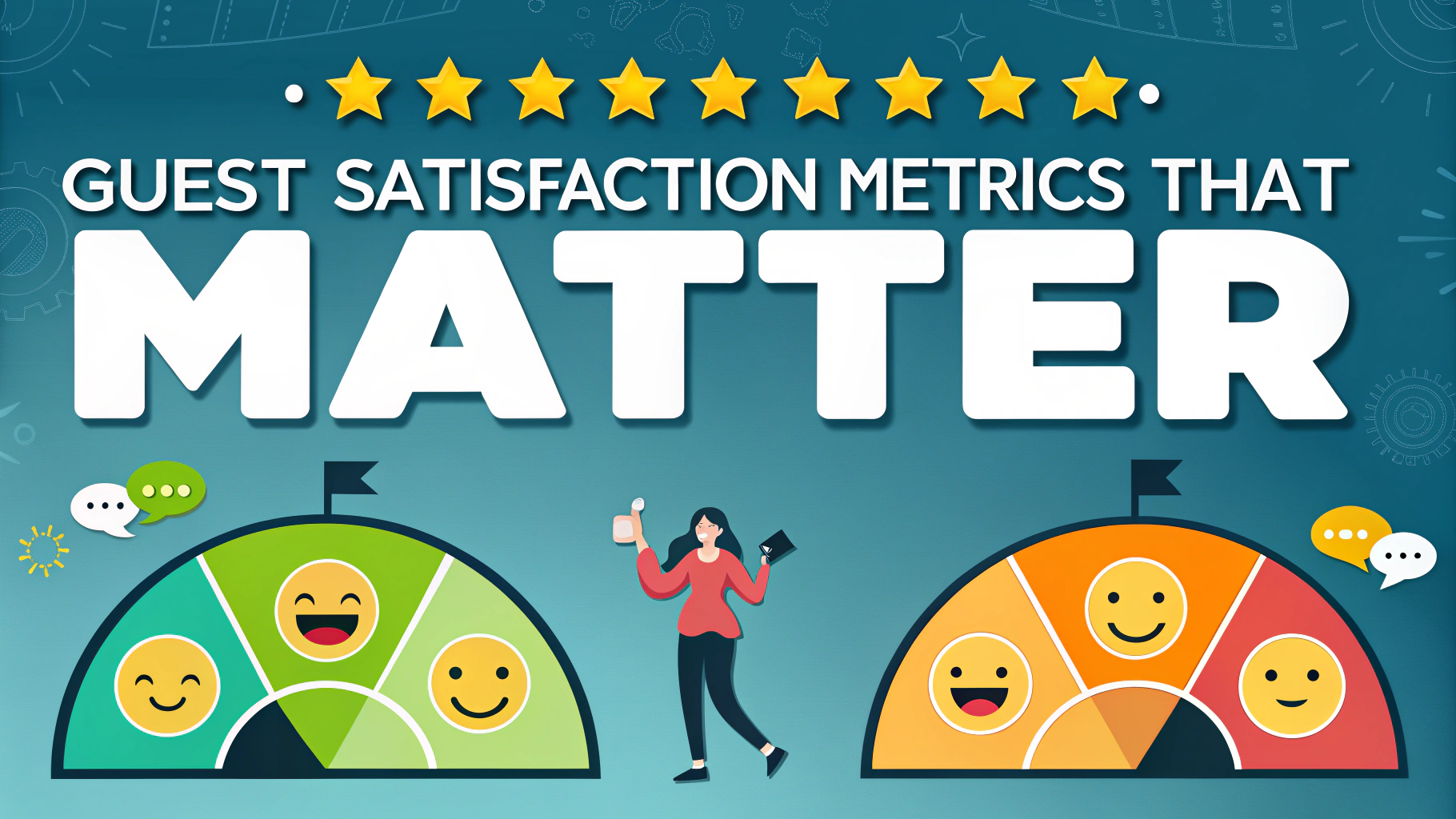AI-powered pricing tools are transforming how hotels optimize their revenue streams by analyzing vast amounts of data to make smart pricing decisions.
Modern revenue management systems use machine learning algorithms to predict demand patterns and automatically adjust room rates based on multiple factors like seasonality, local events, and competitor pricing.
This guide explores how hotels can leverage AI pricing technology to maximize revenue while maintaining competitive rates in their market.
Key Benefits of AI Pricing Systems
- Real-time price optimization based on market dynamics
- Automated demand forecasting and rate adjustments
- Competitor rate monitoring and analysis
- Improved occupancy rates through dynamic pricing
- Revenue maximization during peak periods
Essential Features to Look For
- Historical data analysis capabilities
- Market demand forecasting
- Automated rate recommendations
- Integration with existing PMS systems
- Competitor price tracking
- Mobile accessibility
Top AI Pricing Solutions for Hotels
| Solution | Key Features | Best For |
|---|---|---|
| Duetto | Advanced analytics, real-time optimization | Large hotel chains |
| IDeaS | Automated decisions, detailed reporting | Mid-size properties |
| Atomize | Dynamic pricing, intuitive interface | Boutique hotels |
Implementation Steps
- Assess current revenue management processes
- Select appropriate AI pricing solution
- Clean and prepare historical data
- Train staff on new system
- Monitor and adjust strategies
Best Practices for Success
Set clear revenue goals and KPIs before implementing an AI pricing system.
Regular system audits ensure optimal performance and accurate pricing recommendations.
Maintain a balance between automated decisions and human oversight.
Common Challenges and Solutions
- Data Quality Issues: Implement regular data cleaning procedures
- Staff Resistance: Provide comprehensive training and support
- System Integration: Work with vendors offering compatible solutions
- Price Sensitivity: Monitor customer feedback and booking patterns
Maximizing Your Investment
Regular performance reviews help identify areas for optimization and ensure ROI.
Keep staff updated on system capabilities through ongoing training sessions.
Use data insights to inform marketing strategies and promotional campaigns.
Next Steps for Implementation
Contact leading vendors like Duetto ([email protected]) or IDeaS ([email protected]) for demos and pricing information.
Schedule a revenue management assessment to identify specific needs and opportunities.
Review current technology stack to ensure compatibility with AI pricing solutions.
Future Trends in AI Pricing Technology
Integration with predictive analytics will enable more sophisticated forecasting capabilities and market insights.
Machine learning algorithms will become more refined, leading to even more accurate pricing recommendations.
Enhanced mobile capabilities will allow revenue managers to make decisions on-the-go with real-time data access.
Risk Management Considerations
- Regular backup systems for pricing data
- Cybersecurity measures for sensitive information
- Contingency plans for system downtime
- Compliance with local pricing regulations
Measuring Success
Key Performance Indicators
- RevPAR improvements
- Occupancy rate changes
- Average daily rate (ADR) trends
- Market share growth
- Revenue optimization index
Leveraging AI for Strategic Growth
AI pricing tools represent a crucial investment for hotels aiming to stay competitive in today’s dynamic market.
Success depends on choosing the right solution, maintaining clean data, and ensuring proper staff training.
Regular monitoring and adjustment of strategies will help maximize the return on investment in AI pricing technology.
FAQs
- What is AI-powered revenue optimization in hotel pricing?
AI-powered revenue optimization uses machine learning algorithms to analyze historical booking data, market conditions, competitor rates, demand patterns, and other variables to automatically adjust hotel room rates for maximum revenue generation. - How does AI pricing differ from traditional revenue management systems?
AI pricing systems can process vast amounts of data in real-time, learn from patterns, and make instant pricing decisions without human intervention, while traditional systems rely on manual rules and historical data analysis. - What data points does AI pricing consider when optimizing hotel rates?
AI systems analyze occupancy rates, seasonal trends, competitor pricing, local events, weather forecasts, flight data, economic indicators, guest segments, length of stay patterns, and booking lead times. - Can AI pricing systems integrate with existing hotel management software?
Yes, modern AI pricing solutions integrate with major property management systems (PMS), channel managers, and central reservation systems (CRS) through APIs. - What is the typical ROI for hotels implementing AI pricing solutions?
Hotels implementing AI pricing typically see a 5-15% increase in RevPAR (Revenue Per Available Room) within the first year, depending on market conditions and proper system implementation. - How does AI pricing handle special events and unusual market conditions?
AI systems continuously monitor local events, market changes, and unusual patterns, automatically adjusting prices based on predicted demand surges and changing market conditions. - What are the key benefits of using AI for hotel pricing optimization?
Benefits include increased revenue, improved occupancy rates, reduced manual work, more accurate demand forecasting, dynamic price adjustments, and better competition monitoring. - How frequently does AI update hotel room prices?
AI pricing systems can update rates multiple times per day based on real-time market conditions, ranging from hourly to daily adjustments depending on the system and market dynamics. - What role do historical booking patterns play in AI pricing decisions?
Historical booking patterns help AI systems understand seasonal trends, booking windows, cancellation rates, and guest behavior to predict future demand and optimize prices accordingly. - How does AI pricing handle different room types and rate plans?
AI systems analyze the relationship between room types and rate plans to maintain appropriate price differentials while optimizing each category based on specific demand patterns and market conditions.







